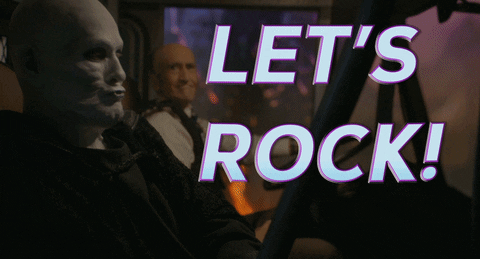Creating Characters with Agency
Characters and their development are at the core of every story. After all, characters are the ones who readers connect with and even in a plot-driven novel, they play a critical role in moving it forward. Creating a complex character isn’t an exact science, but one thing every character needs is agency. “Agency” is when a character acts or makes a decision that has the potential to impact the plot, their own character development, or other characters. Let’s take a look at three ways agency gets readers invested in your story and connects them to your reader.
An Emotional First Decision
When I think of agency, I think of Katniss Everdeen volunteering for Prim in The Hunger Games, Marra in Nettle & Bone deciding to kill the Prince to save her sister from an abusive marriage, or Will in Portrait of a Thief agreeing to steal back five priceless Chinese artifacts. As soon as each character makes their decision, they’re immediately put on a path that will drastically alter their life, test their skills and character, and force them to make more critical choices if they want to achieve their goal. Moments like these get your readers invested in your character because they're making a decision that will have major consequences and we’ve all been there. Also, notice how each of these pivotal decisions is rooted in emotion. Each character is making a pivotal decision around something or someone they care deeply about. The emotional roots make it easy for readers to buy in and start to connect with your character.
If Katniss, Marra, and Will didn’t act with agency the plot would steamroll them and the endings they get wouldn’t feel earned. Imagine if Katniss was chosen off the bat and just went through the motions while she was being paraded around the capitol, but then somehow made it out of the games alive. Sure we would go, “Good for you, sweetie.” But we wouldn’t have the same mix of joy, relief, and terror when she and Peeta win after she’s been defying the capitol the entire time. With each decision a character makes, the stakes get higher and readers know the character is walking on a tightrope and they can’t wait to see what will happen next.
Creating Believable Plot Twists
What’s better than a plot twist where a character makes a shocking discovery? A plot twist where the character the reader thought they knew inside and out makes an off-the-wall decision that veers the story in an unexpected direction. Characters with agency can influence the plot just as much as the plot influences them. Having a character with agency keeps readers on their toes.
For example, in Nettle & Bone Marra decides to go speak to the Prince’s godmother and talk it out with her, rather than fight her. This move fits perfectly with Marra’s character but it’s still a left-field decision that is atypical for the fairytale/quest narrative. But by going to talk it out Marra actually gets what she needs to kill the Prince. Writing characters who act with agency keeps your story moving and keeps your readers guessing and turning the pages to see what your character is going to do next.
Digging into Themes & Subjects
Although I prefer to think of characters as real people rather than vehicles, your characters do have a job to do and that is to help you explore a specific theme, perspective, or topic. Characters with agency are dynamic. They have values, beliefs, and codes that they live by. The Hunger Games explores several topics including reality TV, power, and violence. Nettle & Bone is about silence in the face of abuse. Portrait of a Thief explores the complexity of being a Chinese-American and the effects of diaspora. These themes are massive and heavy and they can’t be told without characters who have agency because it gives you the ability to dive deep into these topics with finesse without having to preach. Instead, characters with agency allow you to show rather than tell, and in doing so, you prompt the reader to reflect on the actions they’re taking.
Without their agency the plot would suffer and so would the reader. So the next time you feel like your story is lagging or something just isn’t working in a scene, ask yourself, “When was the last time my character made a decision? Is this a good time for them to make one?” Having agency doesn’t mean that all decisions need to be a matter of life and death. “High stakes” can mean different things for different characters and their stories. As a result, agency can come in all kinds of characters. Katniss is an anti-hero, Will is a witty and charming art genius, and Marra is willful but also often nervous and very quiet. But even though they have very different personalities, all of them consistently make decisions that push their arc and their story forward and get readers invested in the story.


